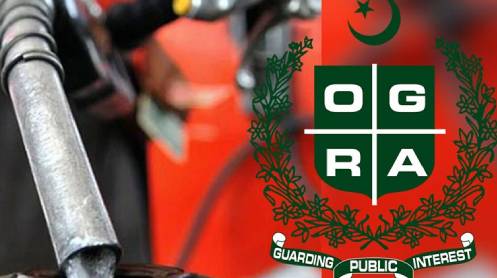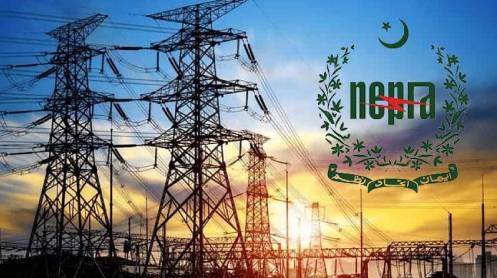Oil Marketing Companies (OMCs) have concerns over terms of references (ToRs) to be developed by the Oil and Gas Regulatory Authority (OGRA) with the specified timeline regarding the deregulation of petroleum products, The News learnt on Monday.
The deregulation of prices would provide OMCs the liberty to fix prices of petroleum products based on their cost of local procurement / imports. The rationale of deregulation of prices would enable each OMC to absorb their cost / losses, which were incurred in terms of forex exposure, incidentals, demurrage cost, storage cost and any other cost.
According to the document of Oil Companies Advisor Council (OCAC) regarding the concerns of OMCs on deregulation of prices, margins of OMCs are to be deregulated and to be managed by each OMC, which may vary company to company. This would affect dealer margins too that would be decided by the OMCs. OMCs also have concerns as how they would ensure the product specs pricing, while there were two prevailing specs as per government policy, ie local refineries producing Euro-II or less and imported product, Euro-V.
The companies also expressed concerns about the taxes, which they wanted in absolute rupees and not on percentage to simplify reconciliation of taxes collected. Another question has been raised based on their sales and demand pattern, which might or might not keep all storages wet. Further, they said that in case of deregulation, the requirement that refineries had to procure products domestically would no longer exist. This meant the OMCs would not be bound to procure products locally. According to the document, the major aim behind deregulation was to enhance competition in the industry, thus bringing the benefit of a competitive price to the final consumer. Deregulation is the elimination of the control of the government from a sector or a particular industry by allowing the sector to do free trade in a marketplace. Deregulation takes place when the government is interested that there will be more and more competition in a particular industry.
As for an oil-dependent economy like Pakistan, the controlled oil prices of the state have both long-term and short-term consequences. In the current international oil pricing scenario, Pakistan being an energy deficit economy, the best way was to deregulate the oil prices, the document said.
It noted that the deregulation of petroleum prices would help the oil refineries invest more in their existing infrastructure, and produce petroleum products as per international standard of EURO-V in medium to long-term, and the OMCs would also be able to expand their networks across Pakistan.





